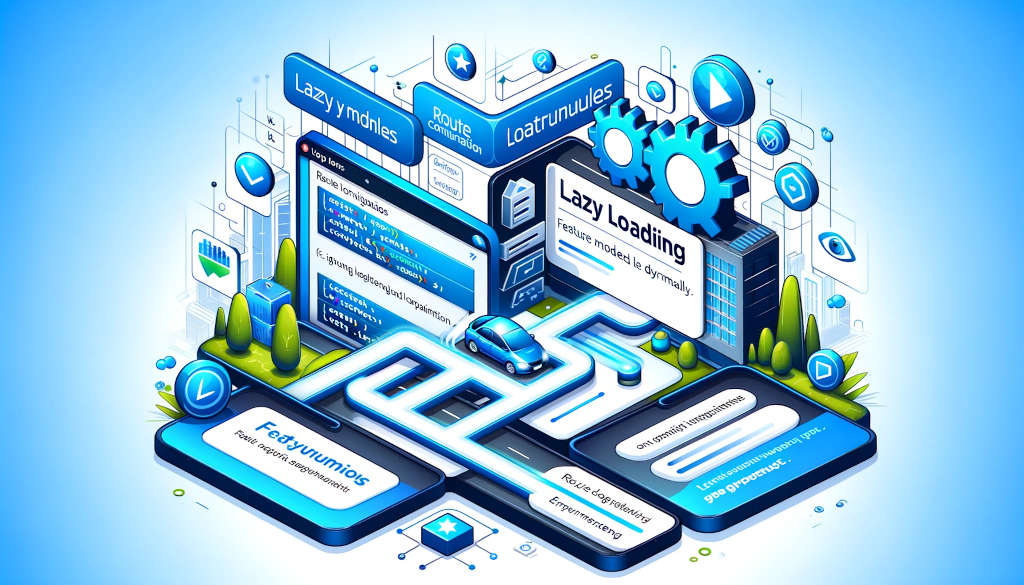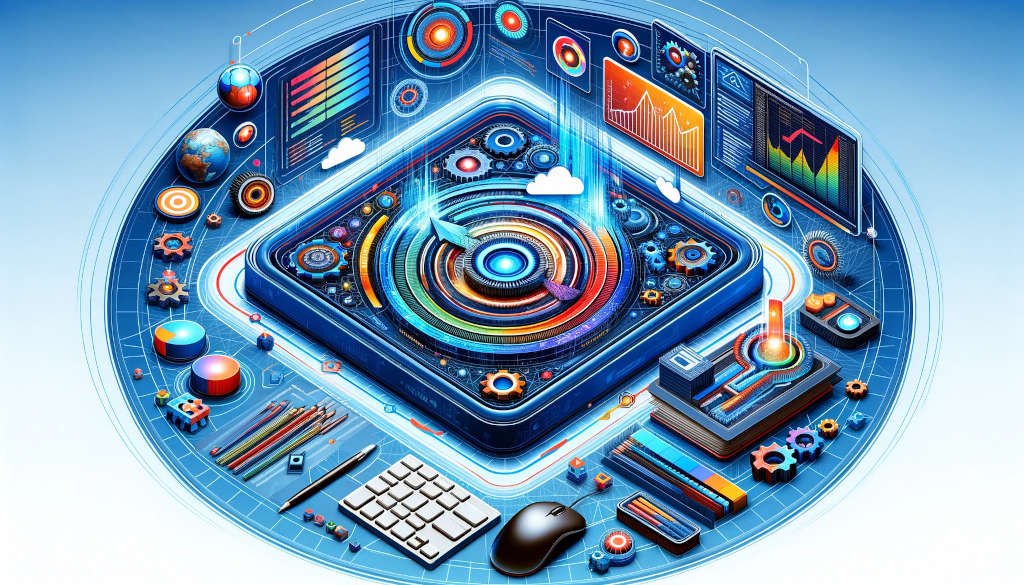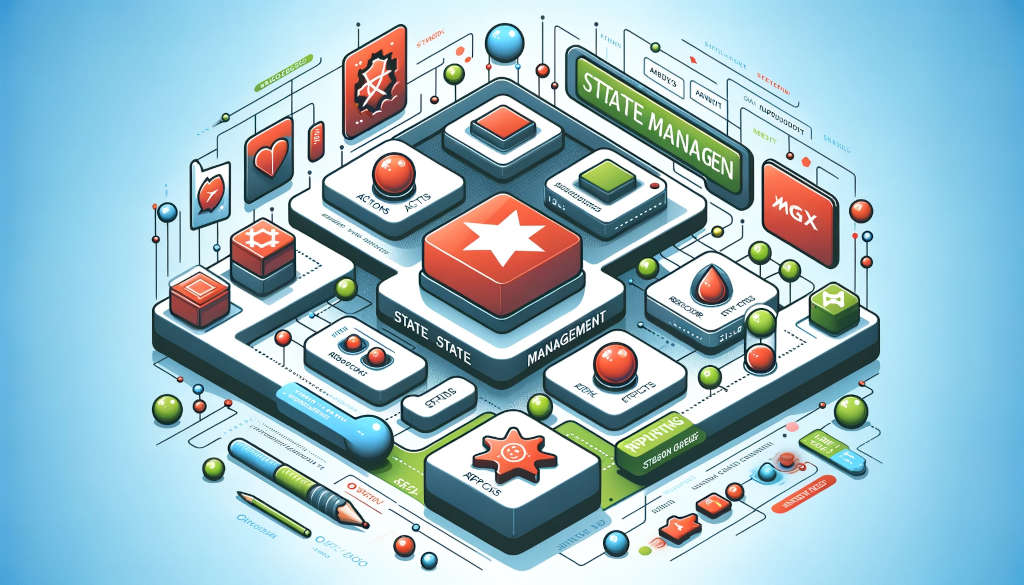Artificial Intelligence and Machine Learning Integration
AI and ML are no longer just buzzwords; they are becoming integral parts of the software development process. From predictive algorithms enhancing user experiences to automated code reviews and testing, AI is set to revolutionize how we create and maintain software. AI-driven development tools will allow for more efficient bug fixes and even provide suggestions for code optimization.
Prediction: Expect AI to play a more significant role in decision-making processes within software development, leading to faster deployment times and higher-quality software.
Increased Emphasis on Cybersecurity
With the rise of cyber threats, security is no longer an afterthought but a fundamental aspect of software development. Developers are increasingly adopting a ‘security-first’ approach, integrating advanced security protocols right from the initial stages of development.
Prediction: Security will become a key component of the software development lifecycle, with a growing demand for developers skilled in cybersecurity practices.
The Rise of Low-Code and No-Code Platforms
Low-code and no-code platforms are democratizing software development, allowing individuals without extensive programming knowledge to build applications. This trend is enabling faster prototyping and deployment, reducing the reliance on highly skilled developers for certain types of projects.
Prediction: These platforms will become more sophisticated, offering greater customization and flexibility, leading to wider adoption across various business domains.
DevOps and Agile Practices
The integration of development and operations – DevOps – alongside Agile methodologies, is increasingly becoming the norm. These practices promote faster, more iterative software development, with a focus on continuous integration and delivery.
Prediction: DevOps and Agile will continue to mature and be adopted by more organizations, further shortening development cycles and improving software quality.
Cloud-Native Technologies
Cloud-native technologies, which leverage the scalability and flexibility of the cloud, are on the rise. Microservices, containerization, and serverless architectures are becoming standard practices for building scalable and resilient applications.
Prediction: Cloud-native development will dominate, with more applications being designed specifically for cloud environments.
The Expansion of IoT
The Internet of Things (IoT) continues to expand, with more devices getting connected every day. This trend is prompting a surge in the development of IoT applications, with a focus on real-time data processing and analytics.
Prediction: IoT will drive a need for more specialized software development skills, particularly in areas like edge computing and real-time data analysis.
The Emergence of Quantum Computing
Though still in its infancy, quantum computing holds the potential to solve complex problems that are currently beyond the reach of classical computers. As quantum technology matures, it will start to impact software development, particularly in fields like cryptography and data analysis.
Prediction: Quantum computing will gradually transition from research labs to practical applications, influencing how we approach problem-solving in software development.
Conclusion
The future of software development is undoubtedly exciting, marked by rapid advancements and transformative technologies. As developers and innovators, it’s crucial to stay informed and adaptable, ready to embrace these changes to drive progress and success in the digital age. At Mazooma, we are committed to staying at the cutting edge of these developments, ensuring our clients benefit from the most advanced and effective software solutions.



